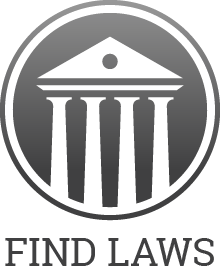Getting in trouble with the police on suspicion of drug use or distribution can cause real problems for your personal and professional life. Whether the charges are warranted or not, getting through the court process may take months and require your attendance at hearings and classes.
Depending on where you live, you may also have to go through a special drug court. One of the things you will hear about often is the “schedule” of drugs. An attorney, like a criminal defense lawyer from a law firm like the Law Office of Daniel J. Wright, can provide additional information about a drug schedule and how it might impact your case. What does a drug schedule mean?
Drug Charges Rely on Evidence
If you were arrested for drugs, it means the police involved had reasonable evidence against you. Most likely, this evidence included the drugs you are being charged with possessing and/or using. If you have been charged with distributing drugs, the police must have caught you selling them. If you have been caught possessing a usable quantity, it means that you had a small amount in your possession.
Drug samples becomes evidence in the court proceedings against you. Even so, you may be able to catch a break if your attorney negotiates a plea agreement on your behalf.
Drug Schedules Classify Substances
The drug schedule is a comprehensive listing that classifies every drug by the severity of the addiction you may develop and the medical value. A drug may be extremely addictive, with no known medical value. These are drugs such as heroin or cocaine. These drugs have a higher abuse rate, and it isn’t easy to justify your use of them.
Drugs such as opioids may have some medicinal use, but their addiction rate is substantially high. This drug schedule may require some further investigation, especially if the form you are charged with possessing is a prescription. Drugs that contain amphetamines may be prescribed for relevant medication conditions, but they may also be abused alone or combined with something else to make them even more addictive.
Implications of Drug Classification
The schedule of the drug you are charged with possessing will determine the type of charge you get. Not just that, but the quantity will play a part. As stated above, a usable quantity is less damaging versus a large amount. If you are caught with a large amount of a drug in your possession, you may get a felony charge of trafficking.
Understanding what a drug schedule is is just one step in getting through the legal process. A criminal lawyer will be able to handle the charges against you. Finding one in your city can prove to benefit you sooner than even you may believe.
